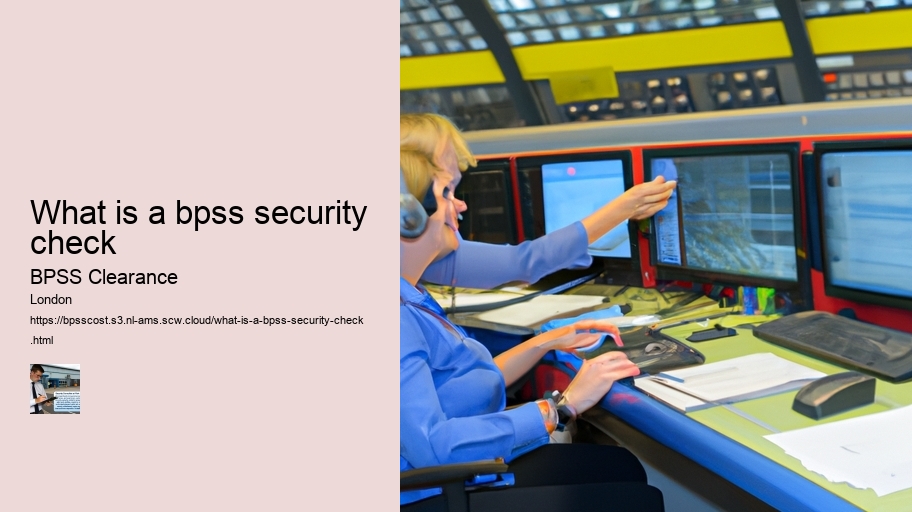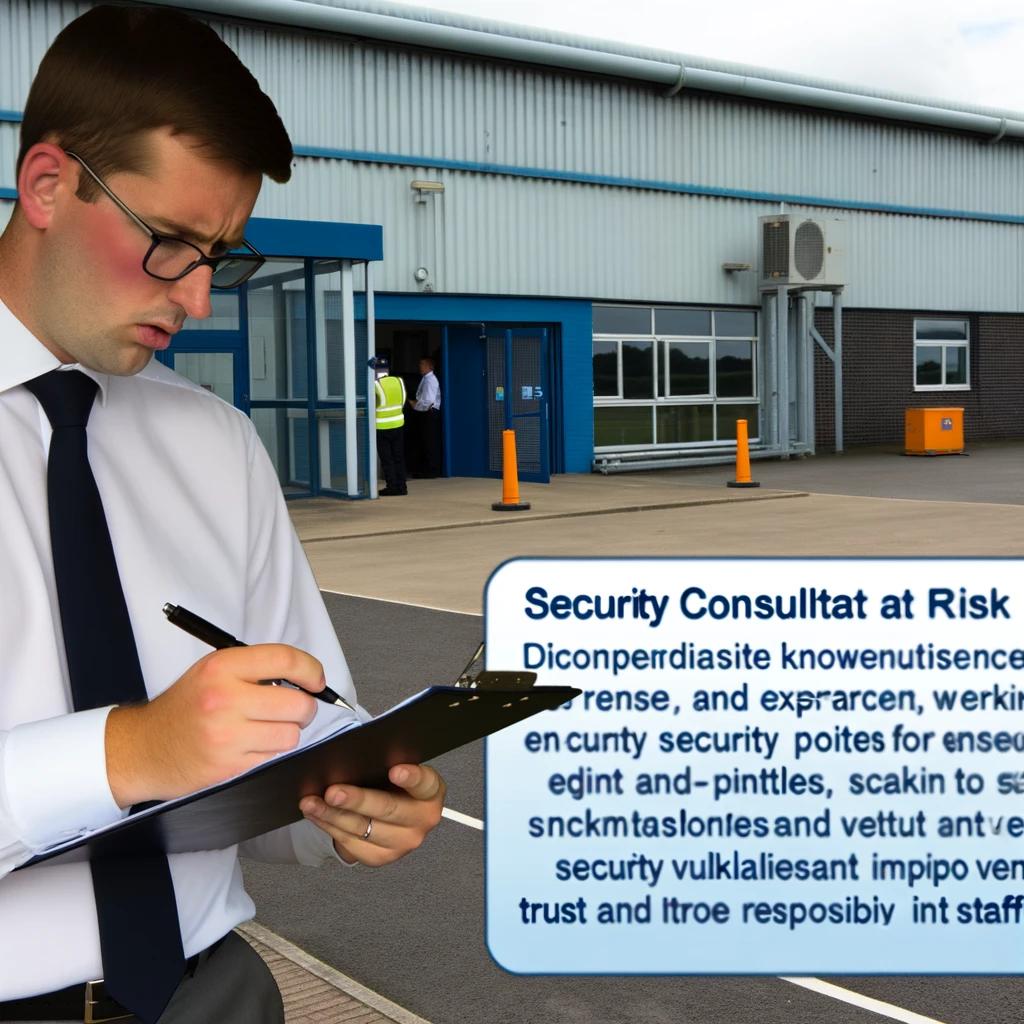
what is a bpss security check
>Should you resign before background check UK?
- Familiarize yourself with the guidelines and protocols for handling UK OFFICIAL information.
BPSS checks are governed by standards set by the UK government, specifically designed to comply with national security guidelines for personnel working in secure environments. The implementation of BPSS checks ensures that individuals have the right to work in the UK and do not have affiliations or histories that could pose a security risk.
While BPSS checks aren't formal security clearances, they're vital for accessing UK OFFICIAL and occasional UK SECRET assets. By undergoing this screening, you not only demonstrate your trustworthiness but also contribute to maintaining the security and confidentiality of sensitive information within your organization.


